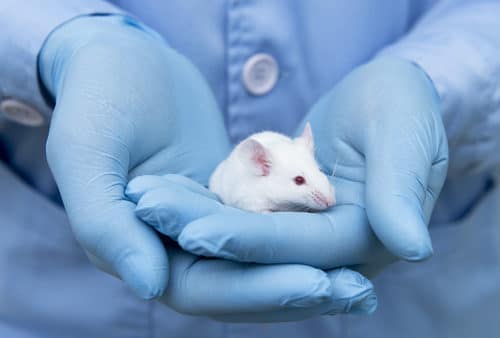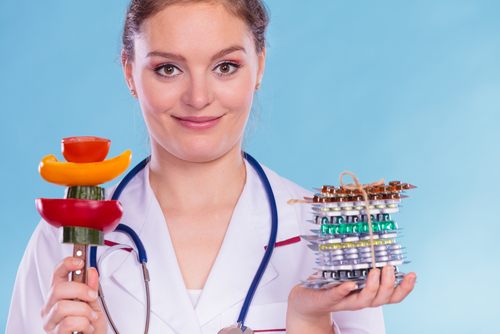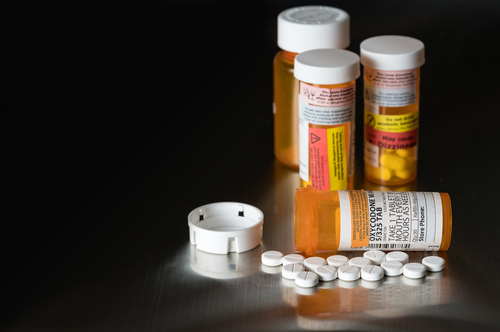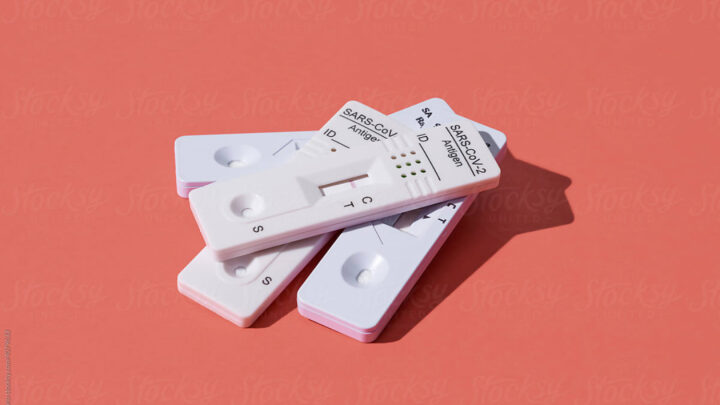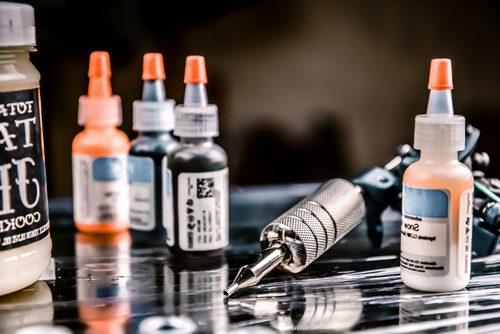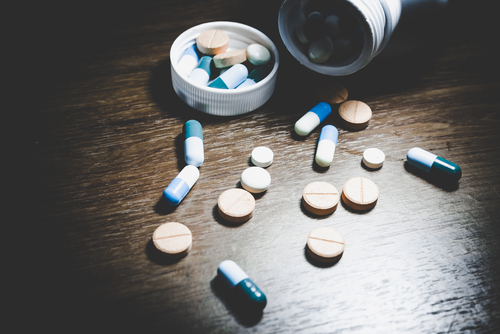
The World Health Organization reported that about 10 percent of all medications in low and middle income countries are substandard or completely fake. These medications can range from vaccines, to cancer drugs, to contraceptives, and WHO estimates that tens of thousands of children die as a result of these counterfeit medications, in addition to wasting billions and billions of dollars on fake drugs.
This issue is not limited to low income countries: counterfeit medications are becoming increasingly prevalent globally. They estimated that at least 72,000 children die of pneumonia and 69,000 people die of malaria each year as a result of falsified or substandard treatments.
In light of this conversation, we asked physicians on Sermo, “Do you have concerns about counterfeit medications in your country?”
Out of the 1906 doctors from 42 countries who responded, the majority of physicians (67%) responded yes, and some even shared their first-hand encounters with counterfeit medications:
“It is well known that there is a need for more supervision by ANVISA in Brazil, and a broad administrative or criminal proceeding, in which there is a contradictory and ample defense, so that guilty parties can also be punished for falsifying, adulterating, corrupting, or altering intended products for therapeutic or medicinal purposes.” – Neurology, Brazil
“A friend had a ‘generic’ thyroid hormone treatment which led to deep hypothyroidism with total apathy. Fortunately, her endocrinologist detected it during a balance, but it was very low and took several months to recover.” – General Surgery, France
“I have a patient who suffered from falsified vitamins. He bought a normal vitamin (but qualitative) drug for a lot of money, but it turned out that it was sugar and a dye, to which he had an allergic reaction!” – General Practice, Russia
“Unfortunately, sometimes inferior medicines are distributed by the health system itself. I have seen patients that when they started to use the original medication and not the similar or generic presented better response to the treatment.” – Rheumatology, Brazil
“Counterfeit medicines are rampant in the 3rd world countries including the Philippines. Patients given counterfeit medicines do not improve even when correct dosages are given. Some may improve by chance or by luck but had to be prescribed with a good quality medicines.” – Family Medicine, Philippines
“We had a massive recall on Lipitor (Atorvastin) not too long ago in UK. The fake stock got mixed up with the good stock so they had to recall all. We couldn’t prescribe the stuff for months.” – Cardiology, UK
“Counterfeit medicines have been on the market for a long time. They provide a cheap option but are not effective; people need to understand the quality perspective. Even generics are substandard, the government needs to look into the matter for the sake of poor people. Needs a lot of effort.” – Internal Medicine, India
“Counterfeit medicine is fake medicine. It may be contaminated or contain the wrong or no active ingredient. They could have the right active ingredient but at the wrong dose. Counterfeit drugs are illegal and may be harmful to your health. The FDA takes all reports of suspect counterfeits seriously and, in order to combat counterfeit medicines, is working with other agencies and the private sector to help protect the nation’s drug supply from the threat of counterfeits.” – Psychiatry, US
Of the 33 percent of doctors who responded that they did not feel counterfeit medications are a problem in their country, they cited the internet as the source of mayhem:
“Generally not an issue in the UK. The problem is ‘alternative’ treatments bought over the internet and occasionally prescription medications that the patient is being denied by some bureaucracy or other and they then obtain via the internet.” – Hematology, UK
“The biggest problem is the ease with which these drugs can be found on the internet.” – Internal Medicine, Italy
The poll was fielded in December of 2017. 1906 physicians responded to the poll. The margin of error for the global poll was ±2%. More information about Sermo polling methodology can be found here.
Are you a doctor who wants to join the conversation? Log into Sermo to give your opinion on current issues in medicine.
